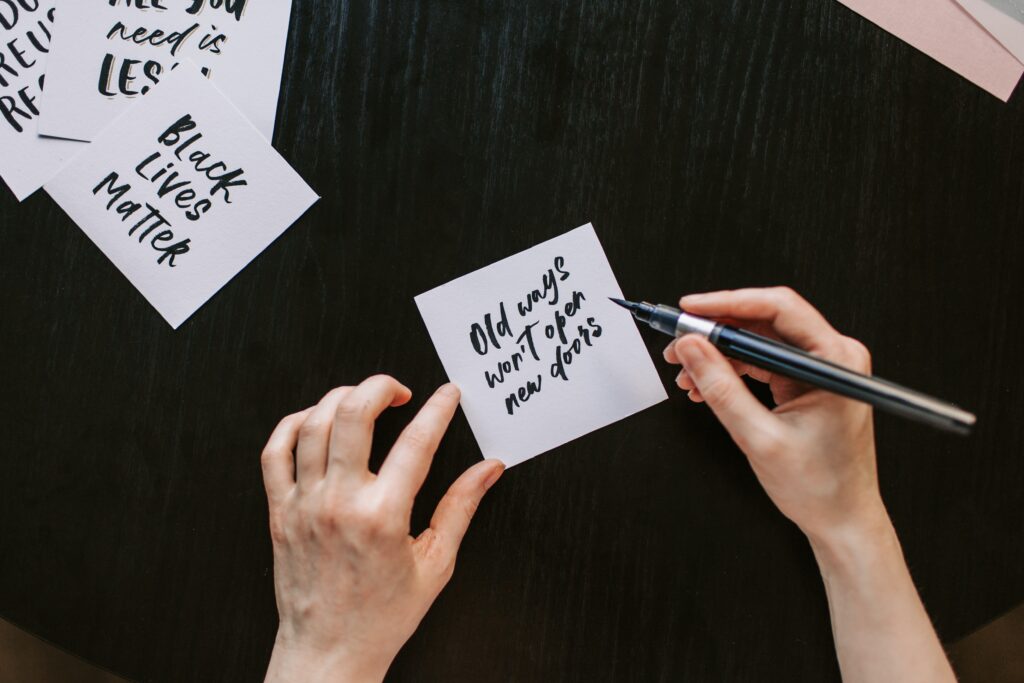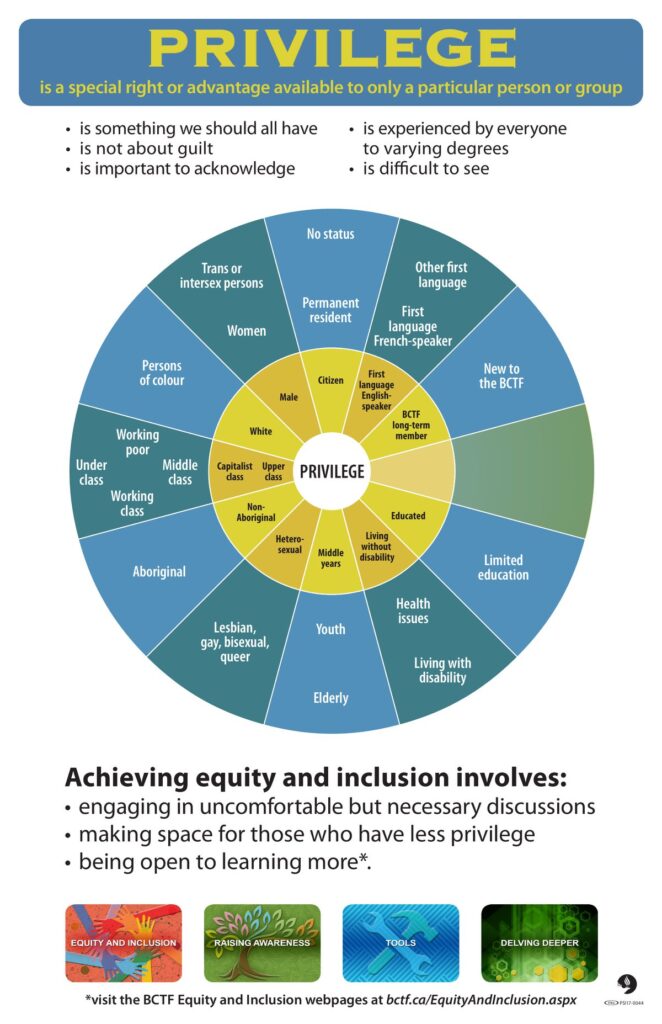Becoming An Anti-Racist Music Therapist

Talking about becoming an anti-racist music therapist is a vulnerable experience. But it is an experience that is too important not to share. This month is Black History Month. It is a time to acknowledge the accomplishments of historically important Black-Canadians. This month is also an opportunity to learn about Black communities and the struggles they have experienced. For me, this month is also a reminder to continue to learn more about racism and oppression and what I can do to be an anti-racist music therapist.
Growing Up Unaware and Uninformed
I am embarrassed to share that I have been racially ignorant my entire life. I was born and raised in Barrie, Ontario. A beautiful city just north of Toronto. Despite living close to one of the worlds most racially diverse city in the world, Barrie was (and still is) predominantly white. Growing up, I was submerged in white culture and privilege. I was not aware of, nor understood that people who were not white would have different lived experiences.
When I started out as a music therapist, I mistakenly thought that treating everyone the same was the best policy. I didn’t ask questions about peoples differences because it felt uncomfortable. I thought that I was anti-racist because I didn’t act or speak with hateful intent. During this past year I became aware of the extent of my racial ignorance. However, I am pleased to share that I have learned a lot this year. I know that this will help me be a better person and a better music therapist.
My Awakening
Last year, Black Lives Matter and Blackout Day 2020 put anti-racism conversations in the main-stream media. It prompted many people to stop and think about things like racism, systemic oppression, equity and social justice. Last year the the Black Lives Matter movement stood out to me in a different way. Maybe it was because the pandemic was the only thing other thing in the news. I didn’t just take notice, I decided it was time to take action.
We reached out to music therapist colleagues Hayley Francis Cann and Priya Shah. They educate our profession about anti-oppressive practices. We invited Hayley to conduct a workshop for our music therapy team. This experience blew open my mind. She shared a wonderful youtube video called Uncomfortable Conversations with a Black Man. If you have a few minutes I encourage you to take a look. This is a short video with Emmanuel Acho and Chip & Joanna Gaines. It dives into learning about black perspective and how we can all work together for positive change.
Learning About Privilege
To be honest, I thought that Hayley was going to talk to our team about how we can be better allies to the black clients we work with. I ended up learning about power and privilege. There are lots of characteristics tied to discrimination and oppression. I learned that a lot of privilege comes with being an educated, able-bodied, white woman. Learning this didn’t feel good but I think that is the point. It helped me understand why Black communities and other marginalized groups are frustrated and angry. When I learned how white privilege has caused others harm I felt shame and guilt. But, I also felt inspired to learn how I can do better.

What We Are Doing at MTSSC
At this same time, our company was creating Team Leader positions. I learned that Kimiko Suzuki, our very own music therapist, was a member of the Equity Advisory Council (EAC). The EAC is a group of nine music therapists from across Canada. They strive to support our profession to grow and evolve so we can be as diverse, accessible, and equitable as possible. We created the Inclusion and Advocacy Team Leader position so our company could hold ourselves to the same standard. Kimi graciously agreed to lead our team in learning and growing. This year, she was actively involved in continuing our team’s discussions about equity, social justice, and cultural humility. Learning will allow us to serve everyone in our community as best as possible.
How Black History Month is Important to Music Therapists
Music therapists often use familiar music with our clients. The majority of popular music today, is influenced by Black culture. This includes Jazz, Blues, R&B, Hip-Hop, Rap, and even Rock. Some say that artists such as Elvis Presley, The Beatles, and The Beach Boys were known to have taken their ideas directly from Chuck Berry. He was known as the “inventor” of Rock n’ Roll.
In addition to familiar songs, music therapists sometimes use musical instruments with African origins. Examples include the djembe drum or the thumb piano. It is ethically important for music therapists to learn about the cultures where the music and instruments and music we use come from.

What I’ve Learned This Year
To say this year had been transformative would be an understatement. One of the most important lessons I learned was to recognize the discrimination and limitation our society puts on minority groups. I understand that it is not the responsibility of people of diversity to educate me (although I am so grateful for those who do). I’ve learned that sometimes even when my intentions are good, I can cause harm to someone. When this happens, it is my responsibility to apologize and learn to do better. Most importantly, I’ve realized I have so much more to learn. Unlearning my white privilege is hard work but by slowing chipping away at it I am becoming a better person and an anti-racist music therapist.
By Heidi Flynn, Research by Kimiko Suzuki
